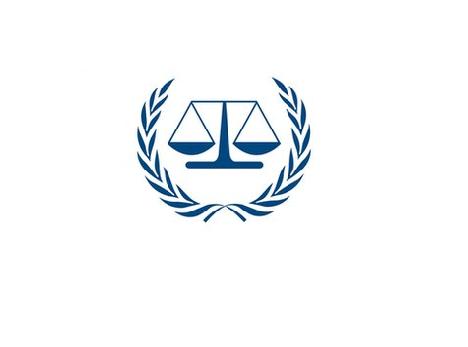The decision today by the International Criminal Court to investigate allegations of war crimes committed by UK forces following the invasion of Iraq in 2003 is welcome and long overdue.
However if it is to have any credibility the preliminary investigation must be followed by a formal probe by the ICC itself rather than, as is likely, leaving the task to UK law enforcement authorities who have proved themselves to be unwilling and incapable of bringing those responsible to justice.
Following the submission of a new file of evidence, the ICC will investigate 60 alleged cases of unlawful killing and claims that more than 170 Iraqis were mistreated while in British military custody. To date only one low ranking soldier has been successfully prosecuted by British authorities for war crimes. Corporal Donald Payne was jailed for one year in 2006 after pleading guilty to the war crime of inhumane treatment for his part in beating hotel worker, Baha Mousa, to death in a detention centre in Basra in September 2003.
A court martial threw out cases against other soldiers at the base during the abuse after they closed ranks and even after a public inquiry confirmed the abuse, no criminal investigations have been opened into others implicated in the killing. The ‘Iraq Historic Allegations Team’ was set up in 2010 to counter allegations of inaction but has proved to be equally ineffective. Last year the High Court ruled that it was not capable of dealing with criminal investigations promptly and effectively.
Despite the evidence suggesting that war crimes connected with British detention went on for years in Iraq, and that ministers and senior military commanders did receive reports of abuse from the International Committee of the Red Cross there has yet to be a criminal investigation or prosecution of a senior official. IHRC believes that UK authorities have deliberately failed to properly investigate allegations of war crimes in order to protect senior officials from prosecution. Under international war crimes law commanders, and in turn the politicians from whom they take their orders, can be held criminally responsible for the actions of their subordinates when they were aware or should have been aware that crimes were being committed or were about to be committed, and failed to take all necessary and reasonable measures to prevent or end the crimes.
IHRC chair Massoud Shadjareh said: “For years now Britain has been hiding behind platitudes about the ethical standards and professionalism of its armed forces’ actions in Iraq. However the nature and sheer volume of allegations coming out of Iraq tell a completely different story. Given Britain’s diabolical track record of brushing war crimes reports under the carpet it would be remiss of the ICC not to launch a formal investigation.”
Notes to Editors:
For media enquiries please email media@ihrc.org or call 4420 8904 4222 or +44 7958 607475
——————————————————————————————
IHRC is an NGO in Special Consultative Status with the Economic and Social Council of the United Nations.
Islamic Human Rights Commission
Wembley
HA9 7XH
United Kingdom
Telephone (+44) 20 8904 4222
Email: info@ihrc.org
Web: www.ihrc.org
Twitter @ihrc







